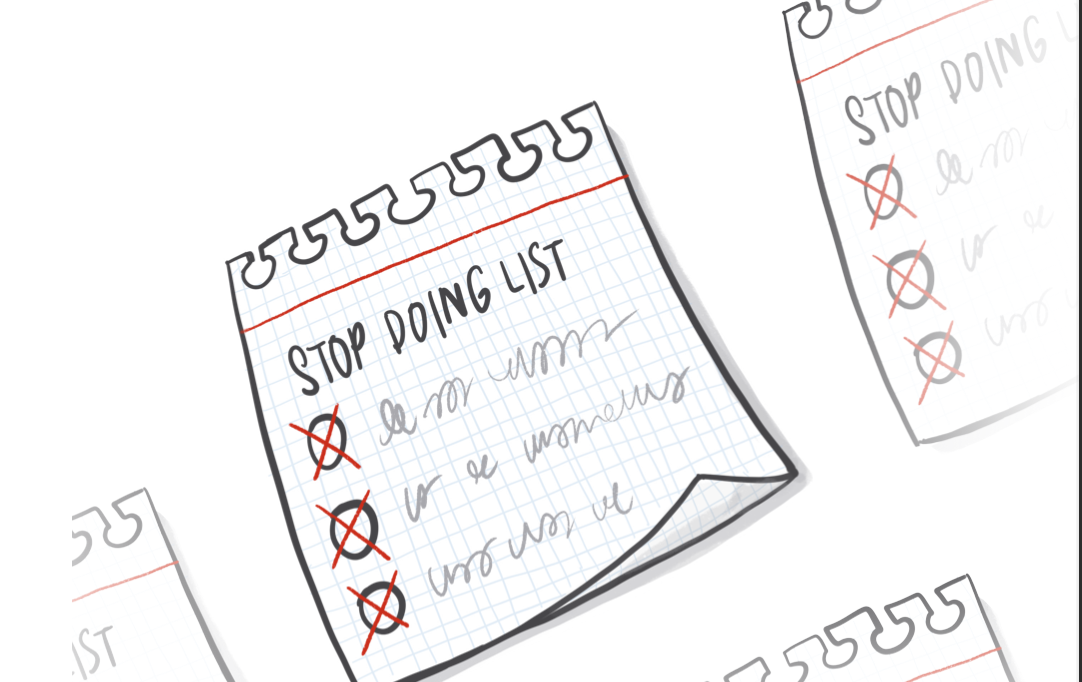4 year old temper tantrums getting worse? Here’s what to do.
Oh, we’ve been there.
Your child has become a monster.
He’s screaming, and refusing to eat his food. When you place it on a nice bowl in front of him, he goes onto flip the bowl over, messing up your table. He even refuses to play with the toys you give him! You wonder if you’ve got to go get a new meal prep provider for him.
Or maybe even get a new book for him.
When he’s out with you, the moment he hears the word ‘No’, he starts screaming. Lying on the floor. Kicking out.
Trying to get your attention.
In a few moments, you start wondering if it was a mistake to bring your child to Earth.

As a former social worker
When I used to be a social worker, I was working with children with learning needs. When I brought one child for preschool, he would lie on the floor, refuse to put on his shoes, and scream.
And this was when we were trying to bring him out!
I won’t say that I entirely understand how you feel, but it is difficult.
And perhaps that’s the first step to helping your child.
Realise that you’re already doing your best
If you could pause right now, take a deep breath, and remember all the moments when you made your child smile, you would recall how hard you worked to bring your child to this stage in his life.
I would encourage you here to take some time to celebrate yourself, too.
It can be difficult to do that, especially when you’re in the trenches, caught up in the daily battles with your child.
Try this exercise
Using a piece of paper, write a letter of love to yourself.

Write down the qualities you see in yourself.
Then write down how you’ve shown them in the past.
For example, you might write:
Dear Charissa,
I love you because you’re so patient. Even when little Theo is naughty, throwing his tantrums, you still insist on loving him.
Then take time to help your child metabolise his emotions
Henry Cloud and John Townsend, two renowned family therapists, write in their book ‘Boundaries’, about how it’s necessary to help your child to release his emotions. It’s like perspiring. You remove the heat in your body.
How do you help your child remove the emotions in his body?
What you shouldn’t do

If your child has a habit of playing with mobile devices, giving in to that is not going to help.
As Adam Atler shares in his book Irresistible,
Children are especially vulnerable to addiction, because they lack the self-control that prevents many adults from developing addictive habits.
If the liquor store prevents someone under 18 to buy alcohol, there might be a case for preventing children under a certain age from using addictive mobile technologies.
Stop device usage
You may not have heard the story of Steve Jobs and the use of technology amongst his children.
A New York Times reporter Nick Bilton, once asked Steve Jobs, following the success of the iPad, and said,
Your kids, they must love the iPad, right?
Strangely, Steve Jobs said,
We limit how much technology our kids use in the home.
Even tech CEOs know enough of the dangers their technology poses to the developing minds of children, not to unwittingly hook them on it.
Adam Atler goes on to add why tech may not help children’s future resilience.
Tech subsumes some very basic mental activities that were once universal.
Kids of the 1990s and earlier stored dozens of phone numbers in their heads; they interacted with each other rather than with devices; and they made their own fun instead of extracting manufactured fun from ninety-nine cent apps.

Understanding why your kid throws a tantrum
When your kid is throwing a tantrum, he is trying to get something he wants, but cannot currently get.
As we develop as children, we learn that we cannot always get what we want.
It’s the learning of self-control, and self-discipline.
Technology could stymie that development. After all, with mobile devices, you can get quick and easy gratification.
What might help?
Take your child outdoors
Take your child outdoors, and bring them for a game of soccer.
When I was younger, my parents didn’t have the money to give me a mobile phone. I would have to find my own fun. Every other day, my dad would take me to the park to run.
It helped me to learn the basic value of running, even when I didn’t feel like it.
It also introduced me to soccer, which allowed me to learn the values of teamwork.
As a young 4 year old, my mum would also take me to swimming lessons. Whilst I didn’t appreciate being pulled out of bed at an ungodly 730am to swim in a cold pool, it taught me self-discipline and hard work.
When you’re busy, you might think that it’s not worth the time to take your kids out. But even if you can only afford an hour, take your child out for a walk.

Occupy your child with creative activities
The tapping of a child’s creative faculties can help them to bring their confusing emotions to reality.
It can be cathartic for a child to learn how to paint out or write out their emotions, through activities like painting or journaling.

Some activities you can try include:
- Pottery
- Painting
- Drawing
It’s ultimately about nurturing your child’s ability for self control
Nurturing your child’s ability to have self control, and to recognise that one cannot always get what they want, is not going to be quick and easy. Yet if you’re willing to give it time, be patient with yourself and your child, things will get easier.

You just have to be patient.




